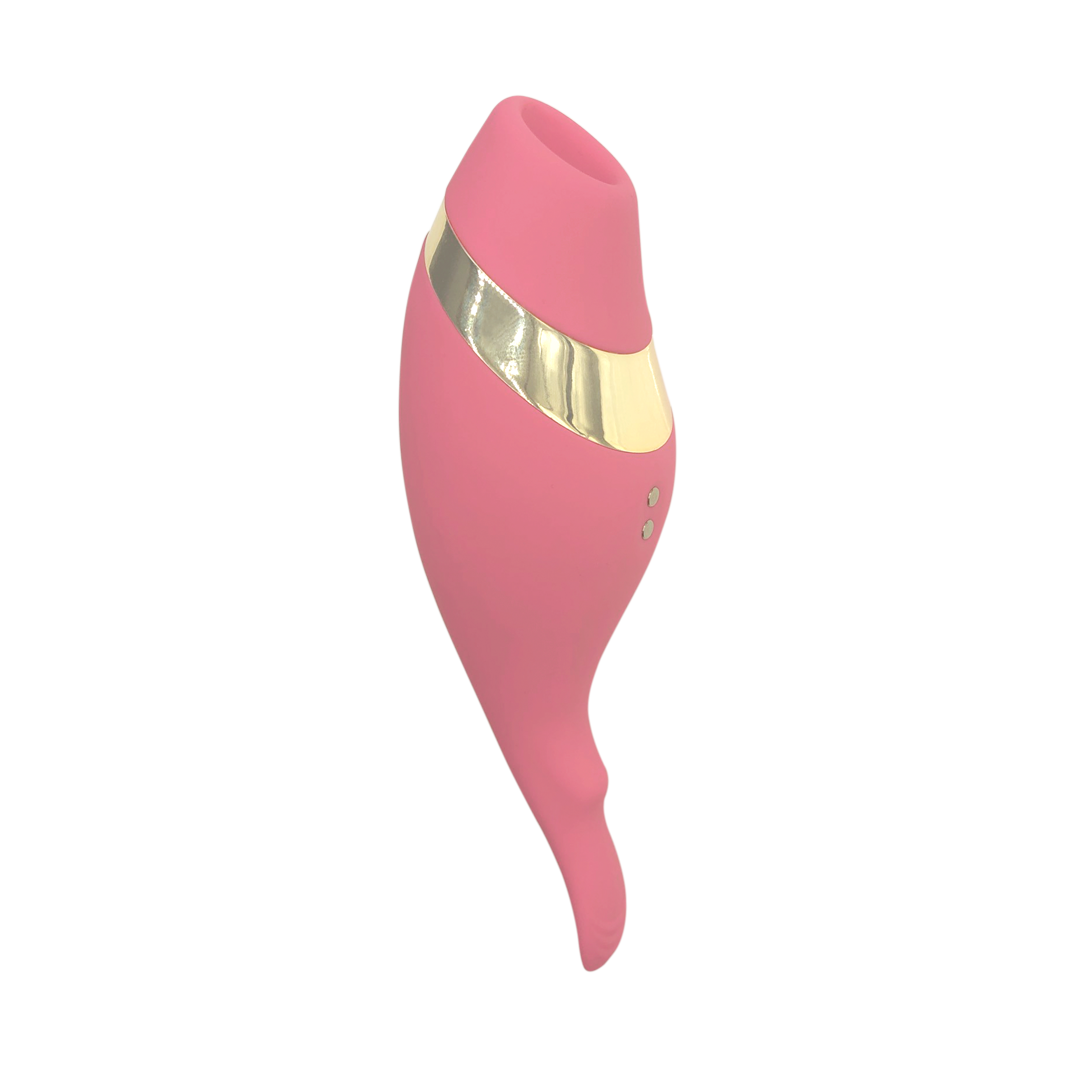I Don’t Use Pronouns. Here’s Why
by Dalia KinseyShare
Last year, I stopped using pronouns. It was a decision that I didn’t take lightly, but it was one that I felt was necessary for me at the time. So, what does this mean? No he, she, they, or ze. People only refer to me with my name.
In the ‘80s and ‘90s, I would have described myself as a tomboy. When I met my spouse, I distinctly remember telling him on our first date that I was a 12-year-old boy at heart – not masculine enough to give off grown man vibes, but absolutely not femme.
Language is a limiting factor for self-expression. I used the words that I had at the time to try to describe what I would later call genderfluidity, which is a gender identity referring to a person whose gender identity is not fixed.
I am genderfluid. In my case, that means my experience of gender is not binary. Sometimes I skew more femme or masculine, but I generally feel like a nebulous mix of the two. I stopped using pronouns last year because it felt like the most natural way for me to identify.
Like so many of us, 2020 made me evaluate my life choices. I realized I was limiting my joy and causing myself a lot of stress by compartmentalizing my identities in a desire to avoid judgement and conflict with conservative family and coworkers. I started making deliberate steps to fully step into all my identities. I started being more intentional about finding safer spaces for queer folks and people of color. I started experimenting with she/they pronouns, but they just didn’t seem to fit. On a volunteer orientation call for a QTBIPOC (Queer, Trans, Black, Indigenous, and People of Color) health and well-being conference, someone simply said none when asked to share pronouns. I felt my heart flutter the moment I heard it. It immediately felt right, like when you’ve been looking for a new place for months and suddenly you are overwhelmed with all the feels as you realize you have just set foot in your new home. It has everything you want and need but didn’t know you were looking for.
Was opting out of pronouns altogether an option? When no one skipped a beat and consistently remembered to only call this volunteer by name, I felt hopeful.
My optimism didn’t last long when I started sharing my clarity with people outside of that safe container. Shifting to no pronouns hasn’t been easy. Even close queer friends have had trouble making the change. My boundary setting skills (and the occasional lack thereof) are constantly being put to the test. Every time someone she/her’s me, it feels like a punch in the gut. I have to decide between using up emotional energy to remind them that I don’t use she/her pronouns or hobble away with my unseen injury.
It has tested my self trust. I immediately knew this was the right choice for me, but I have to decide on a daily basis what is more important to me, feeling seen and understood or avoiding uncomfortable conversations.
My opting not to use pronouns has been met with all kinds of reactions. Some people have read it as a queer, hostile stance. Some have outright refused to ‘humor me.’ Others have said they just don’t understand why I have to be different. On the rare occasions that people accept that I don’t use pronouns without explanation, I feel like acceptance and open communication is possible.
While it has presented its challenges, I have never felt truer to myself. I know more than ever that my understanding of the world around me can and will change. I am blossoming in this newfound loyalty to myself over others. I am releasing the need for others to agree with me or approve of me. I am holding the need to live in my truth close to my heart, comforted by the fact that being faithful to myself in this way is bringing me closer to the people that love me enough to believe me when I tell them who I am.
If you aren’t sure that you are comfortable with the pronouns that are were assigned, be patient with yourself and know that you are allowed to change your mind. While you are always you, it is only natural to continue to grow over time. As you grow, your understanding of how to communicate who you are to other people may evolve as well. What pronouns you use or whether you decide to use any pronouns at all should only be left up to you.
Change is hard. It can be difficult to get used to your sibling, spouse, or childhood friend’s pronouns. But if you want to create a space where they can feel truly seen and loved for who they are, using their correct pronouns isn’t optional. Mistakes are bound to happen, but if you lead with love, you and your loved one’s bond will grow even stronger as you give each other space to fully be yourselves.




 Jingle All the Way with These Sex Positions
Jingle All the Way with These Sex Positions
 2024 Sagittarius Season Love & Sexscope
2024 Sagittarius Season Love & Sexscope
 Counting Down The 12 Days of Play
Counting Down The 12 Days of Play